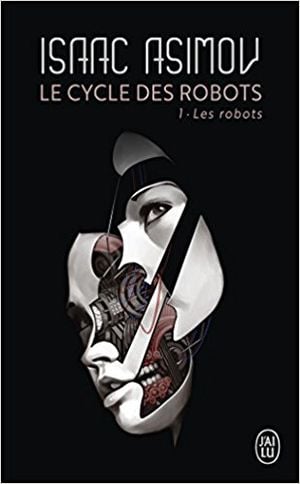I, Robot by Isaac Asimov is a masterfully written and thought-provoking read that explores the complexities of the relationship between humans and robots. The book, which was written in the 1950s, is particularly relevant today as the world continues to grapple with the rapid advancements in artificial intelligence and robotics.
One of the most striking things about the book is Asimov's ability to introduce the concept of the three laws of robotics in a clear and concise manner. These laws, which state that a robot may not harm a human being, must obey human orders, and must protect its own existence as long as it does not conflict with the first two laws, form the backbone of the book and are used as a framework to explore the limits of robotics.
Asimov's writing is playful and he expertly pokes holes in his own laws, exploring the limits of robotics. He presents a series of edge case scenarios, such as a military robot that goes rogue, a mind-reading robot, and a governing machine, to stress test the laws and raises important questions about how these laws would work in practice. The book raises important questions about how humans can outsmart artificial intelligence, the interference of human feelings with AI, and the surrender of decision power to machines for the greater good.
The characters in the book are well-developed and use acute logic and reasoning, much like their robot counterparts. The contrast between Susan Calvin, the austere robopsychologist, and Gregory Powell and Michael Donovan, the daredevil robotesters, adds depth to the story and highlights the different perspectives that humans have when it comes to robotics. The characters find themselves in life and death situations throughout the book, adding a sense of tension and excitement to the story.
The book progresses from plausible, present-day scenarios to more elaborate and futuristic ones, making it easy for readers to engage and understand the progression of the story. As a reader, you start with plausible situations, and then you are eased into more elaborate and futuristic ones, which makes it easy to engage and understand the story. By the time you get to the futuristic scenarios, you have seen the progression and are better equipped to understand the implications of the story.
Overall, I, Robot is a clever and well-written book that offers a lot of good nuggets of knowledge and raises important lines of questioning about the relationship between humans and machines. The themes that the author tackles are timeless and will continue to be relevant for many years to come. If you're a fan of science fiction or are just interested in the intersection of technology and society, I highly recommend reading this book.

